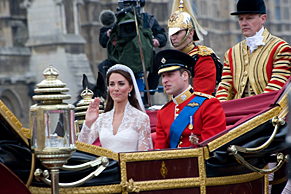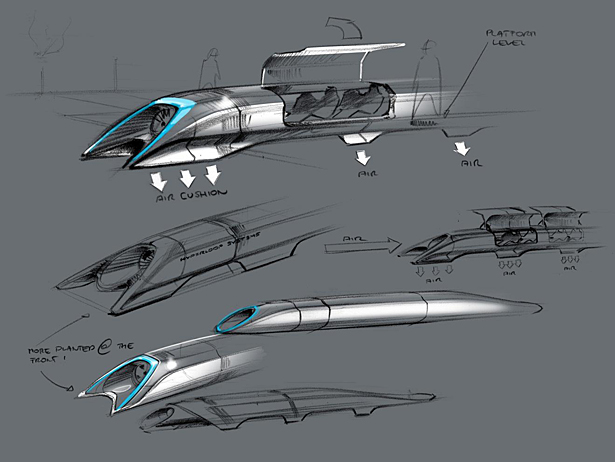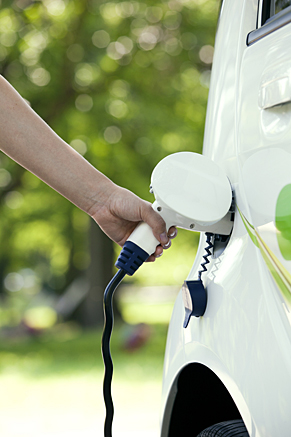Part 2 – Mobility: How the world will get around
Looking back at when George’s grandfather Prince Charles was born in 1948, streets were filled with all sorts of vehicles: handcarts, bicycles, automobiles and even still a few horse-drawn carriages. As a boy, Prince Charles and his family could enjoy weekends at Windsor Castle without the constant deafening thunder of airplanes taking off and landing at nearby Heathrow airport. Back then, only just over 100 planes landed there per day, whereas today it is ten times that number. Globally speaking, according to the car researcher Ward's, there were perhaps 60 million cars on the road in the late 1940s and they were still a luxury most people were saving for. Today, the number of cars has grown to one billion, an everyday thing most people have.
So will we have twelve times as many cars in 2078? No. Allianz experts agree that we will be regarding cars differently in the future. As more and more people move to cities and governments try to cope with this influx, regulation increases against car use. The cost of owning a car will have risen considerably due to increased parking costs, city driving tax and other measures that make owning a car or even getting a driver’s license unattractive.


